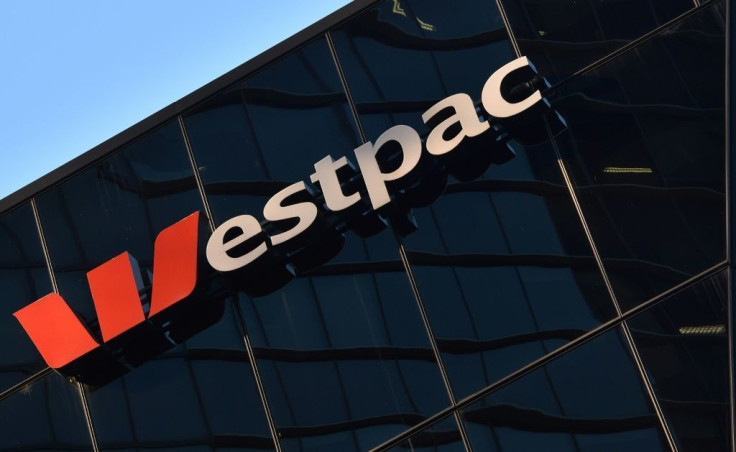Fines, Pandemic Slash Westpac Profit 66 Percent
Australia's Westpac bank suffered a 66 percent plunge in net profits in fiscal 2020, hammered by the coronavirus economic downturn and a record fine for breaches of money-laundering laws, it said Monday.
"2020 has been a particularly challenging year and our financial result is disappointing," Westpac CEO Peter King said in releasing the results for the year ending June 30.
The bank reported statutory net profit of Aus$2.29 billion (US$1.6 billion), down 66 percent from the previous year, and cash earnings of Aus$2.6 billion (US$1.8 billion), down 62 percent.
King said the bank's earnings had been "significantly impacted" by the recession and a record US$900 million fine for 23 million breaches of money-laundering laws.
The bank increased provisions for bad debts and costs related to adapting operations due to the coronavirus from Aus$2.2 billion to $6.2 billion.
It said Aus$16.6 billion in home loans were in deferral as borrowers struggled with the impact of the recession, though this was down from a high of $54.7 billion earlier in the pandemic.
King said the bank had turned the corner on the worst impacts of the pandemic and expected economic growth to improve through 2021 and 2022.
"While economic conditions will still be challenging, Westpac is well placed to continue to support customers through this difficult time," he said.
Australia has been among the most successful countries in containing the coronavirus outbreak, with daily locally acquired cases down to zero or low single digits.

King also said Westpac had taken significant steps to improve its internal procedures following its costly failure to monitor international payments, including those suspected of funding child exploitation.
The scandal cost the bank Aus$1.3 billion in fines, far above the $900 million it had provisioned.
It also led to the resignations of King's predecessor as CEO, Brian Hartzer, and company chairman Lindsay Maxsted.
King said the bank was committed to avoiding such breaches in future.
"We have taken accountability for our mistakes and commenced a process of fundamental change, which has included refreshing the board and management and elevating oversight of financial crime, compliance and conduct," he said.
Australia's banking industry, once one of the world's most profitable, has been under intense pressure in recent years for a wide range of wrongdoing.
The country's four biggest banks -- CBA, Westpac, National Australia Bank (NAB) and ANZ -- were the target of a royal commission that in 2019 exposed rampant malpractice across the sector.
All four banks have reported significant drops in profits for fiscal 2020 under the combined impacts of the recession and charges related to the malpractice.
© Copyright AFP {{Year}}. All rights reserved.





















